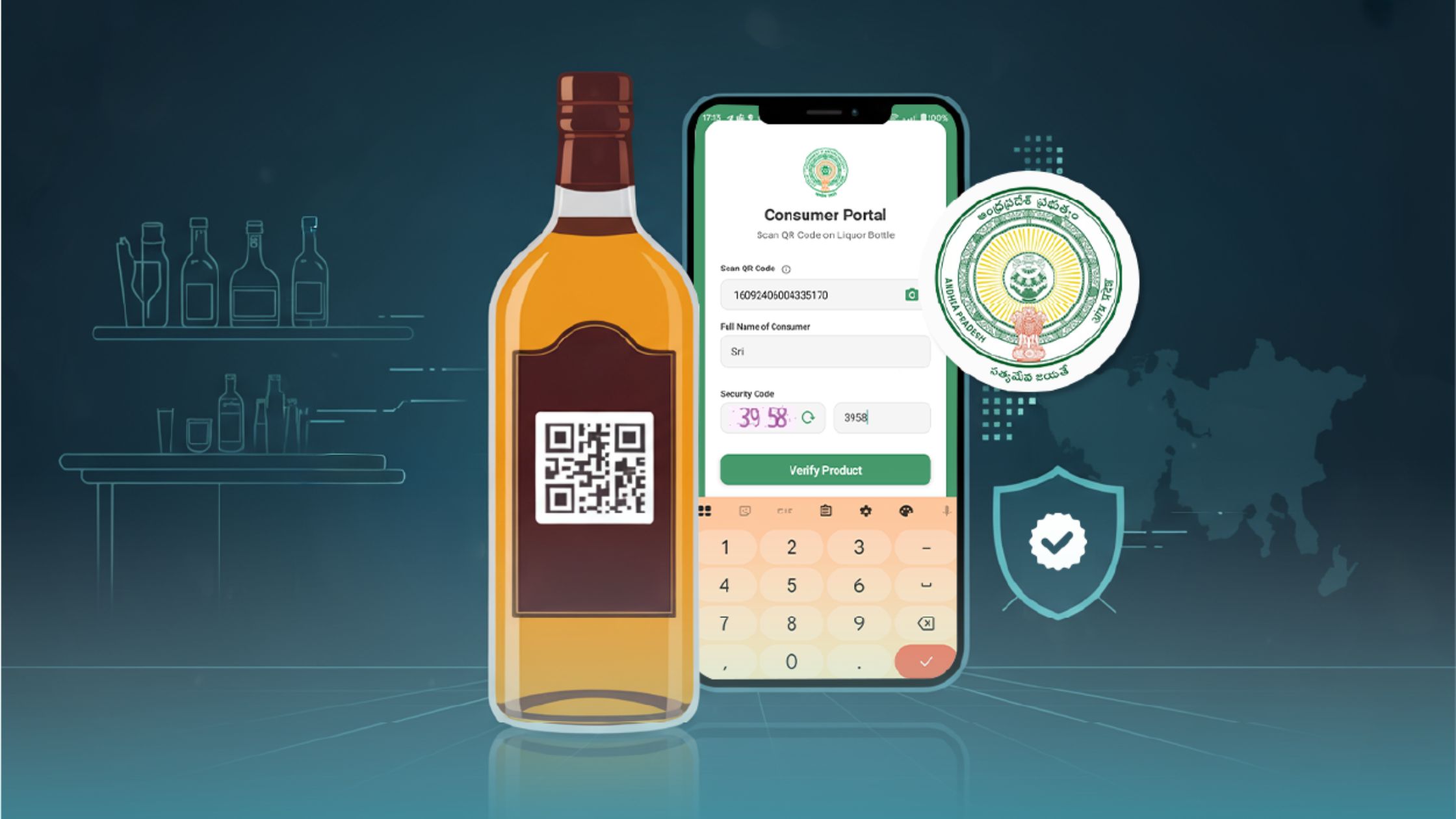Mahua: A Deep Dive Into India's Traditional Drink
2026-01-29

In a significant step to prevent counterfeiting liquor and better ensure safe consumption, the Government of Andhra Pradesh has introduced a compulsory QR code scanner for every liquor bottle sold in the state. Chief Minister N. Chandrababu Naidu is the driver of this initiative, which is one of the most visionary digital governance reforms in the excise sector in India.
From October 2025, all retailers across the state of Andhra Pradesh will be required to scan each bottle through the AP Excise Suraksha App (APESA) prior to completing the sale of that bottle. This short yet effective step ensures that every bottle that the consumer retrieves is surely authentic, produced legally, and distributed through approved channels in the state.
This change did not come suddenly. There have been health threats from fake or counterfeit liquor in the past several years. A particularly troubling instance in Mulakalacheruvu (Annamayya district) has dramatized the issue and prompted outrage from the public and government response.
The illegal liquor not only threatens public health but also taxes revenues and trust of licensed sellers. While counterfeit alcohol incidents are rising across India, Andhra Pradesh has introduced an unprecedented approach towards transparency, traceability, and consumer safety.
Every liquor bottle distributed through the Andhra Pradesh State Beverages Corporation Ltd. (APSBCL) now carries a unique QR code that connects directly to the Excise ERP system.
Here’s how it works in practice:
This creates a digital audit trail for every bottle—from the manufacturer to the retailer, making it nearly impossible for counterfeit products to infiltrate the supply chain.
The state has gone beyond retailer verification. Andhra Pradesh’s government has made the system consumer-friendly, enabling the public to verify authenticity as well.
Consumers can now independently download the Excise Suraksha App, scan any liquor bottle, and verify whether it is legitimate. This allows consumers to make informed purchasing decisions while also discouraging illegal sales through public vigilance.
Furthermore, all licensed liquor outlets are now required to display:
These transparency measures ensure customers know exactly what they’re buying—and at what price.
Also Read: Delhi New Liquor Policy 2025: Will Alcohol Prices Finally Drop?
In addition to scanning QR codes, the state's excise department has also deployed geo-tagging of liquor shops all over Andhra Pradesh, allowing digital mapping of every legal retailer's location to thwart unlicensed or mobile alcohol sales.
In addition, a dedicated control room has been launched to handle complaints, feedback, and real-time data monitoring. Through this network, authorities can track:
By integrating technology, data analytics, and field-level enforcement, Andhra Pradesh is setting a new standard for digital transformation in the alcohol trade.
Since the program’s rollout, the numbers speak for themselves:
These statistics indicate not only successful implementation but also growing trust among retailers and consumers. The transparent digital process has streamlined compliance while significantly reducing the risk of illegal liquor entering the market.
What has been achieved in Andhra Pradesh can be a model for other Indian states. Fake liquor continues to be a concern in many states, leading to loss of revenue and harm to public health.
By linking technology directly to excise enforcement, Andhra Pradesh demonstrates how digital innovation can strengthen policy execution. Similar systems could help other states achieve the following:
This initiative aligns with India’s broader Digital India mission, showing how technology can transform governance at the ground level.
While the system is promising, it’s not without hurdles. Key challenges include:
Addressing these concerns through training, outreach, and infrastructure upgrades will be essential for long-term success.
Now that QR Code verification has taken effect, Andhra Pradesh is charting a new course for how responsible alcohol regulation can function in modern India. By utilizing remote verification, public engagement, and transparent pricing, they have transformed an industry that was previously opaque into one characterized by accountability and innovation.
If the implementation can be maintained, this initiative could serve as a national example of tech-enabled excise reform, making alcohol safer, more transparent, and more trusted throughout India.
Andhra Pradesh's compulsory QR code system is more than a technical upgrade; it is a cultural overhaul with accountability and safety at its core. The state is digitizing every step in the liquor distribution process and is empowering the consumer to verify authenticity, taking a necessary step towards confronting one of the country's most established issues: counterfeit liquor.
In a nation where the regulation of alcohol has historically been opaque, there is freshness to this new era, an era of technology with trust.
Also Read: Why Domestic Flights in India Don’t Serve Alcohol: Rules, Safety, and Costs Explained